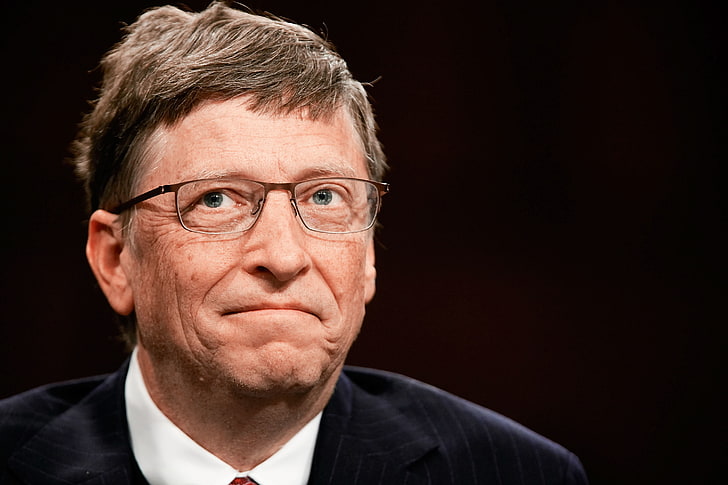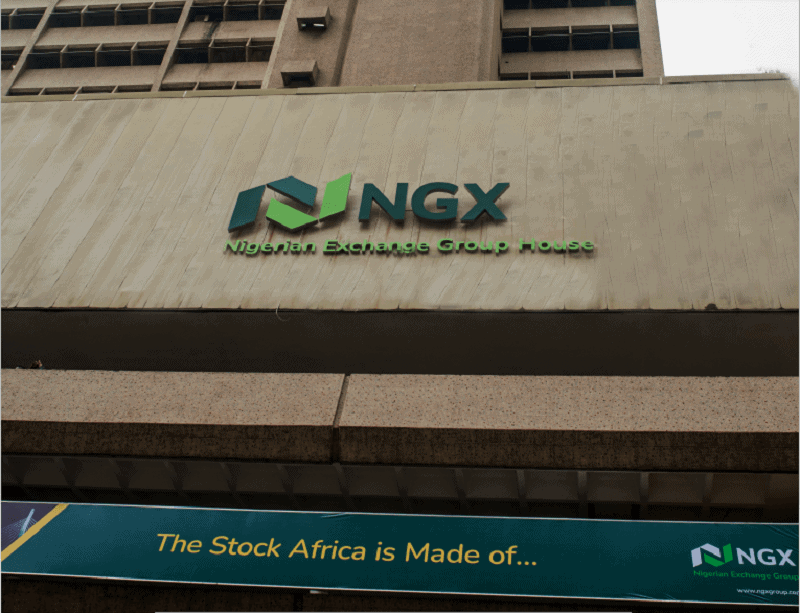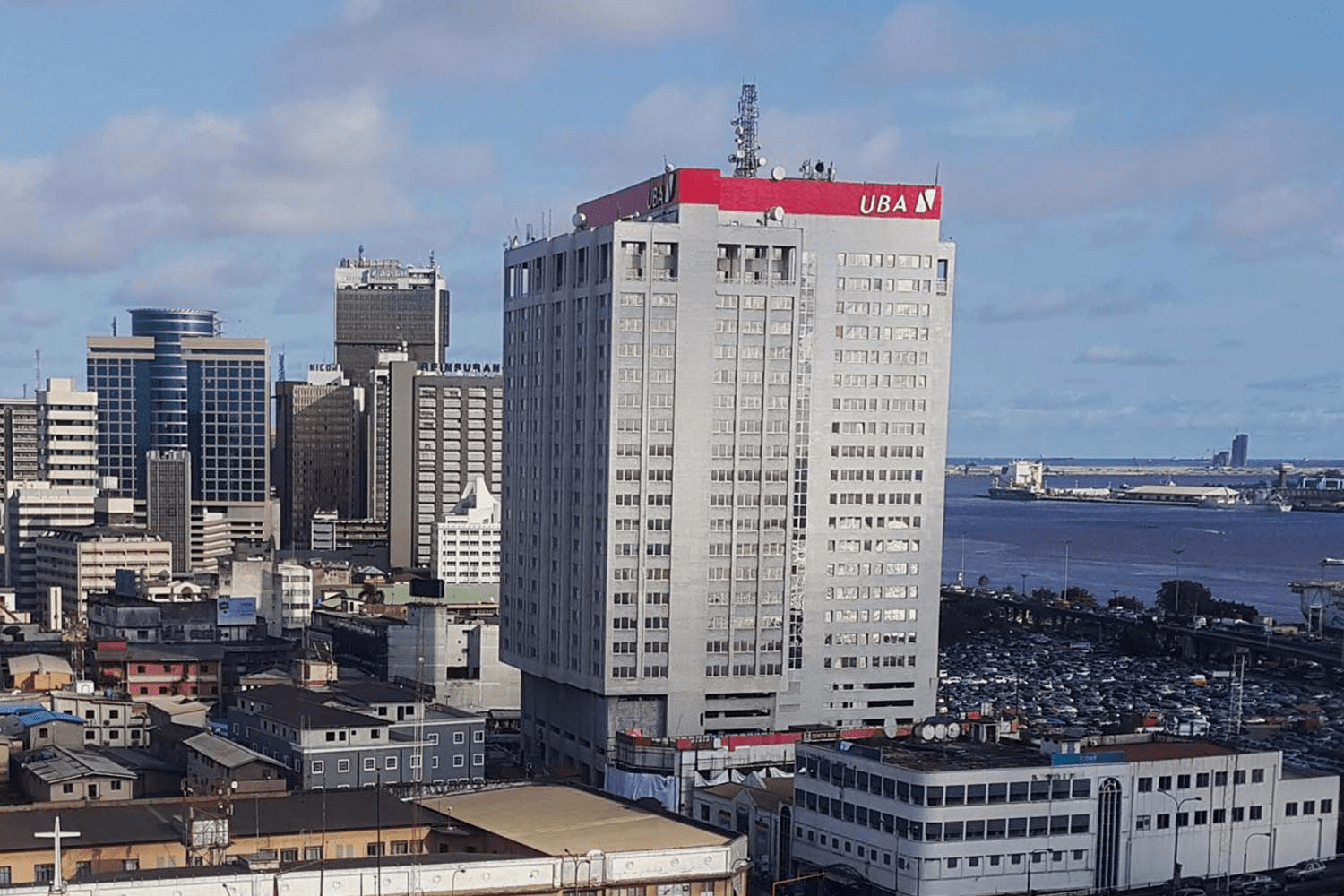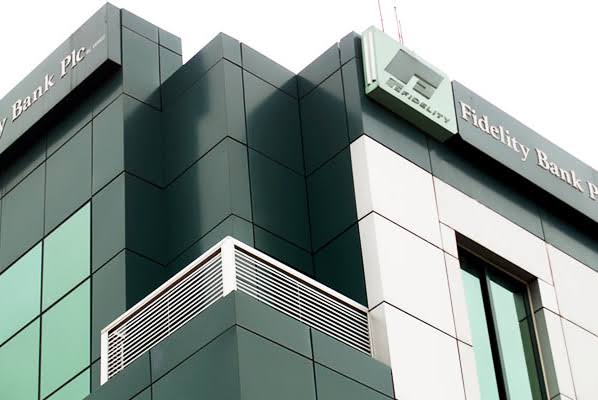LAGOS — Nigeria’s aviation watchdog has warned airlines against routine delays and cancellations that have become a flashpoint for passenger frustration, vowing to impose sanctions and publicly name carriers that flout regulations.
The Nigerian Civil Aviation Authority (NCAA) said Monday that it would no longer tolerate what it called “deliberate negligence” by operators, including a pattern of airline staff abandoning stranded travelers at airports.
“Passengers are not to be left at the mercy of circumstances,” NCAA spokesperson Michael Achimugu said in a statement posted on X. “The practice of staff disappearing during disruptions, leaving our officers to manage angry crowds, ends now.”
The warning follows a string of incidents in which delayed flights triggered clashes between passengers and airline staff, exposing NCAA officials to volatile situations. In several cases, videos shared online have shown shouting matches and scuffles at airport terminals.
The regulator stressed that existing rules guarantee stranded passengers certain protections — including hotel accommodation, meals, and alternative flights when delays stretch overnight. These entitlements, officials say, are often ignored by carriers seeking to cut costs.
Achimugu acknowledged that Nigerian airlines operate in difficult conditions — from volatile fuel prices to weak infrastructure — but insisted that challenges were no excuse for disregarding passenger rights. “Whoever ventures into this business must do it well,” he said. “Don’t you want to be called world class? Don’t you want to compete at the highest level?”
The NCAA’s tougher stance comes amid mounting public anger over what many see as a culture of impunity in the country’s aviation sector. Consumer advocates have long argued that lax enforcement has allowed airlines to treat passengers unfairly.
Read Also: Nigeria Urges Oil Workers To Call Off Strike Over Dangote
Officials hinted that enforcement would go beyond financial penalties, suggesting that public “naming and shaming” campaigns could be used to hold carriers accountable. The move has echoes of regulatory efforts elsewhere on the continent, where governments have faced growing pressure to strengthen consumer protections in aviation.
Nigeria’s aviation minister, Festus Keyamo, has also pressed operators to improve reliability, part of a broader push to present the country’s airports and airlines as credible hubs for regional and international travel.
For many passengers, however, the issue remains urgent and personal. “It’s not just about comfort,” said Ngozi Umeh, a Lagos businesswoman whose weekend flight to Abuja was delayed by 12 hours. “It’s about dignity. If they take our money, they owe us respect.”










